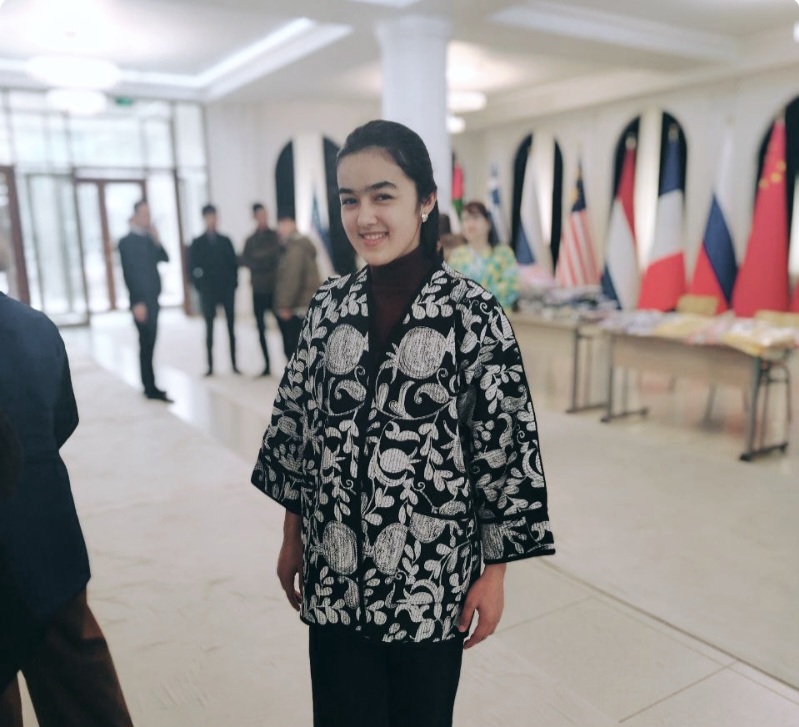THE BOMBED GENERATION
Bivouacking among nameless bards, sounding boards transfixed by twinges of toothache,
i summon monsters masked by pain and anguish under bombardment
skilful tightrope walkers on the strings of enchantment, or disenchantment,
intermittent comet stars.
Shunning wishes of the Maurizio Costanzo Show,
like eighties vates, we take to the streets to sing,
and to endure charges like animals in battery,
never surrendering to the scheming
created by statesmen alien to all embarrassment.
OUT OF ISCHEMS
Try, once in your life, to stop living outside each ischeme,
without constant ink interruptions to the vein’s phoneme,
so that the western crisis becomes an occipital crisis,
with the saving of ants increase the consumption of cicadas.
As you stopped reading, at least stop writing
‘public’ that doesn’t exist and forces us to sell books like vacuum cleaners,
Porta a Porta, where Novi Aldi goes on Vespa and returns Bompiani,
after abandoning Theseus’ ship, in whiff of hurricanes.
This is the century, or the millennium, of the professional artist
not knowing how to do anything, you are content to remain a figurehead,
among the various shrewd actors and actresses of the publishing market
willing to give their children to a rom in exchange for an inch of shelf space
in the prestigious Feltrinelli bookshop in your town
you don’t want to stop living out of ischems, c’aggia fa?
I DON’T CARE
For the last twenty years or so, ‘I don’t care’ has been back in fashion,
herds of brainless constipated people, all, in search of the rehabilitierung of ego,
brick by brick, in the black shirt of ignorance organising raids,
with the outcome of ending up dead, a mosquito bite away, on couch Freud’s.
The new mass, without any strength, waiting for an acceleration,
placed under scrutiny receives its models from television magazines,
moved by a self-esteem disproportionate to its actual neural entity,
ite, missa est, giving extreme unction, being a cancerous mass.
Talking to the average italian is like talking to Louis XVI,
an anencephaly patient who dreams of residing in the Medici court,
living in Masters of Florence, the Renaissance soap opera,
forcing you to surrender to the Magone as Lucius Chinchus Alimentus.
With the new ‘I don’t care’ generations we should build democracy,
stuff of exterminating homo sapiens sapiens with an attack of epizootics,
we will rely on a detailed deliberative referendum of protest,
forcing our fellow-citizens to use their heads.
ASSAULT ON THE OVENS
Panem et circensens is asked of the contemporary artist,
playing the clown at readings grants 15 minutes of impromptu success,
they read kilometres of verse, written in half an hour, with a shrewd attitude,
they would also declaim verses in arabic if Isis established a Caliphate in Palermo.
They read, read, read, all the flour of their infinite sack
and we, with our gags on, to be subjected to their dribbling to end up in checkmate,
the queen, bored, is undecided whether to fuck the king or a horse,
and the contemporary reads, reads, without allowing us an interval,
without allowing himself an interval, between one bullshit and another, without ever being satisfied
he has to bring home the bread-roll, hey, as an artist who boasts of being overpaid.
THE BARBARIAN AND THE PRINCESS
To you who observe with your bistro eyes my discontents
you defuse me with a smile, you neutralise me with a love
as enduring as a Compact Fluorescent Lamp,
becoming aeriform, neon, argon, krypton,
maybe it’s the krypton that deactivates my Superman cravings,
climbing up my spine with catlike paws,
dissuading me from gobbling, from drinking, from brawling, from stopping writing.
Princeza romana, eu sou seu bárbaro,
i keep wearing white tank tops in my black underwear
not washing the dishes, banging on the keys,
better than washing the keys and banging on the dishes,
i kidnapped you on a raid on the coasts of Gaeta,
enchanted by you, late-modern Circe,
capable of turning pigs into men,
pig’s heart is equal to the human heart,
you alone have understood this, in twenty years, with your insulinous carefreeness,
with your insecurities, with your premenstrual breakdowns, with your questioning face,
always capable of disconcerting me, square mime destined to go bald,
without replacing me.
Princeza romana, eu sou seu bárbaro,
yet without being able to dedicate Odi barbare to you,
i am not equipped to hate anyone, or to mix metres,
– what shall we do, half a metre?- better my aptitude for duelling,
Ro rocamboling, half Cyrano de Bergerac and half Socrates,
i’m convinced that you prefer me whole, and long-life,
not having the ambition of the modern woman
to turn her man into an asshole.
AT THE TAVERN OF SOLID LOVE
My little love, solid, you, today, fell
and i was not there to support you, with my aggressive biceps
of a barbarian from the northern forests, my face painted blue,
lying in the spasmodic berserksgangr of drinking from the skulls of the vanquished,
it all begins with a trembling, chattering of teeth and a feeling of cold,
immense rage and a desire to assault the enemy.
My little love, fragile, you, today, fell,
and there is a tavern behind our house, all brianzola, your new world,
there is a tavern that serves a hundred and a hundred types of risotto
to spread on your wounds and on your skinned knees,
where i, imperative man, can still interpret every amber darkness
in your wise child’s eyes, manipulating the kaleidoscope of your irises,
voluntarily uncovering my flank to the dagger of your arctic lucidity.
If not a tavern, our love, resembles us: we eat and live,
remunerating each other, victories and defeats, hôtellerie, we bustle and eat,
until the innkeeper Godan, the god of stubborn ‘poets’, slams a mug of mead on the table
invite us to dance at Walhalla, Mocambo a contrario, dance far away, to the end of the worlds,
you will return to the simple freshness of your sea, you wandering caetan siren of sand,
and to me the fog-damp earth of the valley without ascents or descents will not weigh on my zinc.
In the ancient taverns of solid love continue to mix fog and sea-water,
outside thunderstorms, lightning and thunder, liquefied by the cloudburst everything is drying out,
and we, we eat and live, we bustle and eat, sheltered, in our reserve of happiness,
aware that, hovering in the air, in the long run,
the misty ice crystals will flow into the sea.
Ivan Pozzoni was born in Monza in 1976. He introduced Law and Literature in Italy and the publication of essays on Italian philosophers and on the ethics and juridical theory of the ancient world; He collaborated with several Italian and international magazines. Between 2007 and 2024, different versions of the books were published: Underground and Riserva Indiana, with A&B Editrice, Versi Introversi, Mostri, Galata morente, Carmina non dant damen, Scarti di magazzino, Qui gli austriaci sono più severi dei Borboni, Cherchez la troika e La malattia invettiva con Limina Mentis, Lame da rasoi, with Joker, Il Guastatore, with Cleup, Patroclo non deve morire, with deComporre Edizioni and Kolektivne NSEAE with Divinafollia. He was the founder and director of the literary magazine Il Guastatore – «neon»-avant-garde notebooks; he was the founder and director of the literary magazine L’Arrivista; he is the editor and chef of the international philosophical magazine Información Filosófica. It contains a fortnight of autogérées socialistes edition houses. He wrote 150 volumes, wrote 1000 essays, founded an avant-garde movement (NéoN-avant-gardisme, approved by Zygmunt Bauman), and wrote an Anti-manifesto NéoN-Avant-gardiste. This is mentioned in the main university manuals of literature history, philosophical history and in the main volumes of literary criticism. His book La malattia invettiva wins Raduga, mention of the critique of Montano et Strega. He is included in the Atlas of contemporary Italian poets of the University of Bologne and is included several times in the major international literature magazine, Gradiva. His verses are translated into 25 languages. In 2024, after six years of total retrait of academic studies, he return to the Italian artistic world and melts the NSEAE Kolektivne (New socio/ethno/aesthetic anthropology) [https://kolektivnenseae.wordpress.com/].


